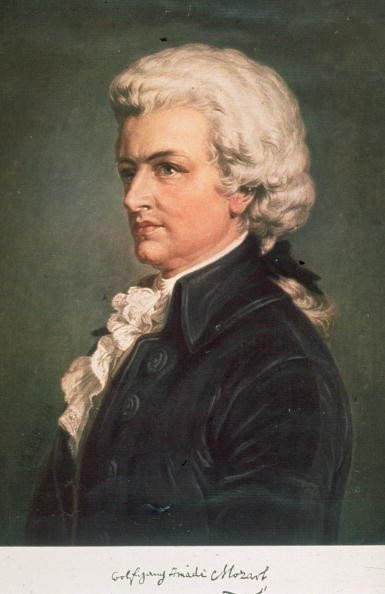
Mozart and Coltrane may have been gone for a long time, but their music continues to live on. And if this study suggests anything, it's that their work can actually be a good therapy for people who suffer from epilepsy.
During the recent yearly convention of the American Psychological Association in Toronto, a neurology assistant professor from Wexner Medical Center in Ohio State University, Christine Charyton, presented her surprising findings.
According to her research, patients with epilepsy perceive certain types of music such as those of Wolfgang Mozart and John Coltrane differently from people who are not diagnosed with the disorder. Further, and even more interesting, is that the brainwaves of epileptic patients seem to work in harmony with the composer's music.
For this study, she and her team worked with 21 epileptic patients who were then monitored in the medical center from September 2012 to May 2014. For control, she also had a group of people who didn't have the disorder.
Both were exposed to two general kinds of audio: silence and works of Mozart and Coltrane. Each of the participants was exposed to music and silence at certain intervals, though the order was random. To monitor their brainwave patterns, electrode pads were attached to their heads.
Upon closer look on the data, both groups did register level of activity when listening to the music. However, the brain's behavior among epileptic patients suggested that it seemed to be more synchronized with the music.
This, nevertheless, has a good explanation. More than 75% of epileptic seizures occur in the temporal lobe of the brain. This is the same region of the brain that is responsible for auditory sensory.
The lead author thinks that this discovery doesn't mean that music alone can treat the disorder. It still needs other forms of therapy and medications. However, it can be a good supplement. Music can help the patient cope with stress, one of the primary triggers of seizures, more effectively.



